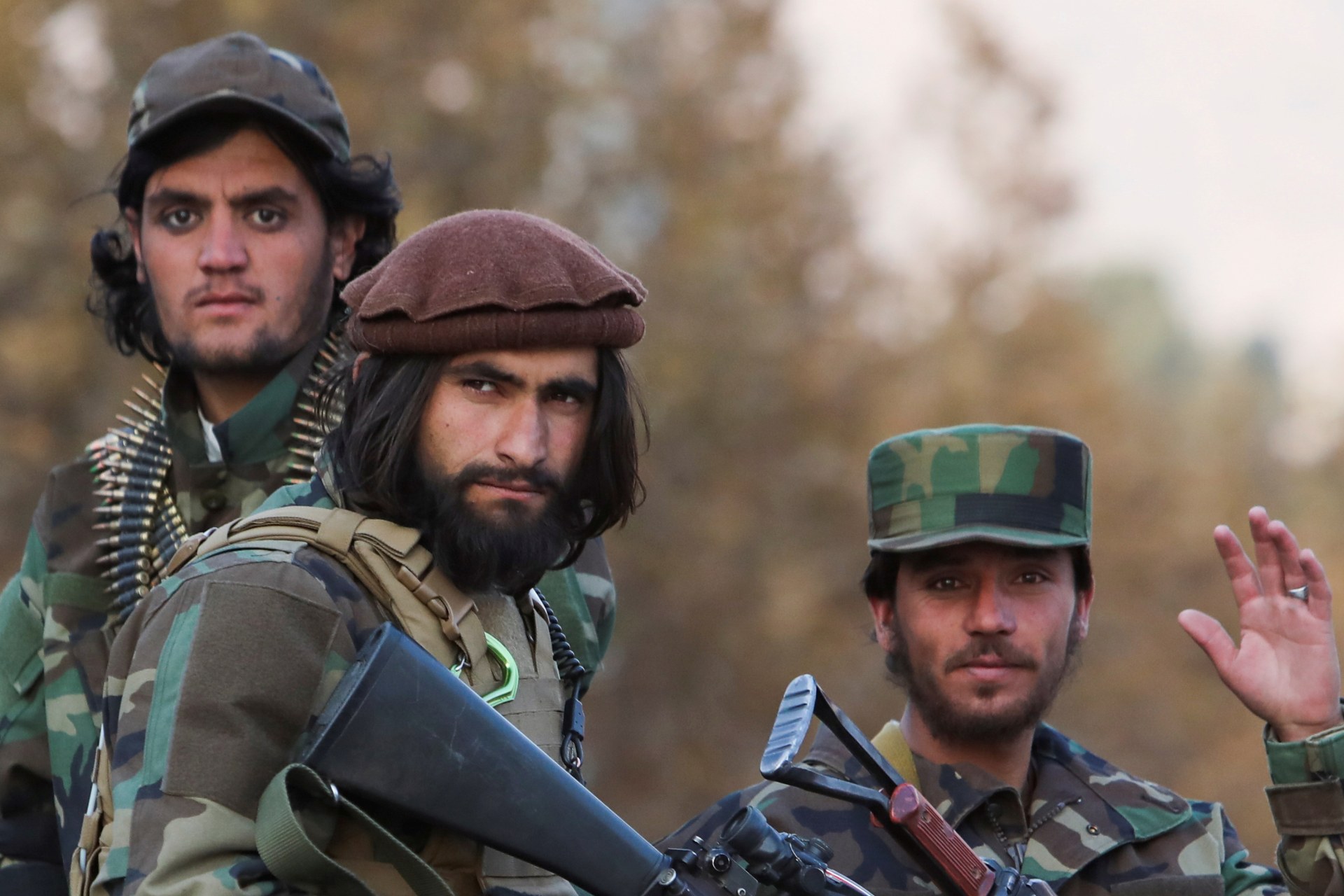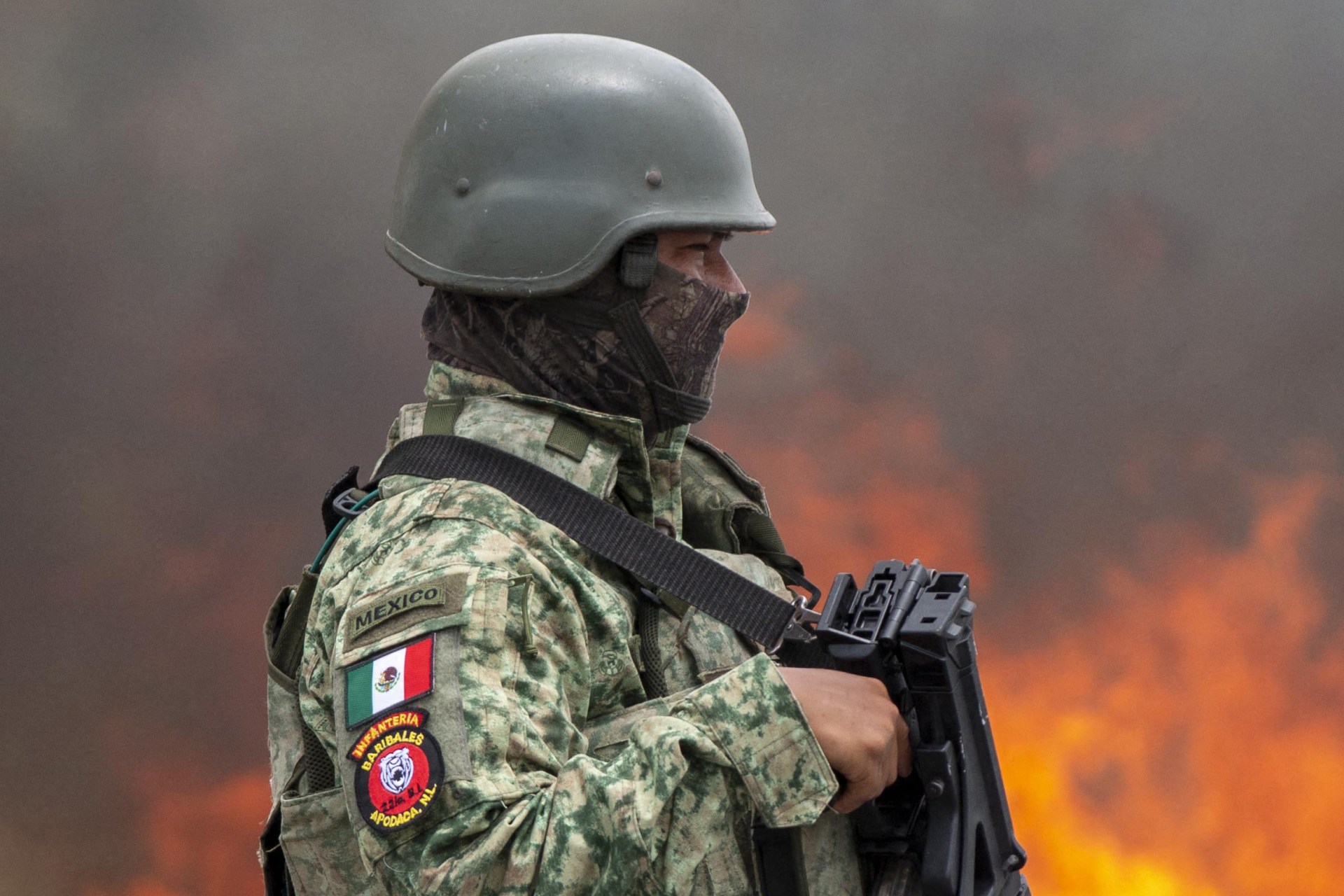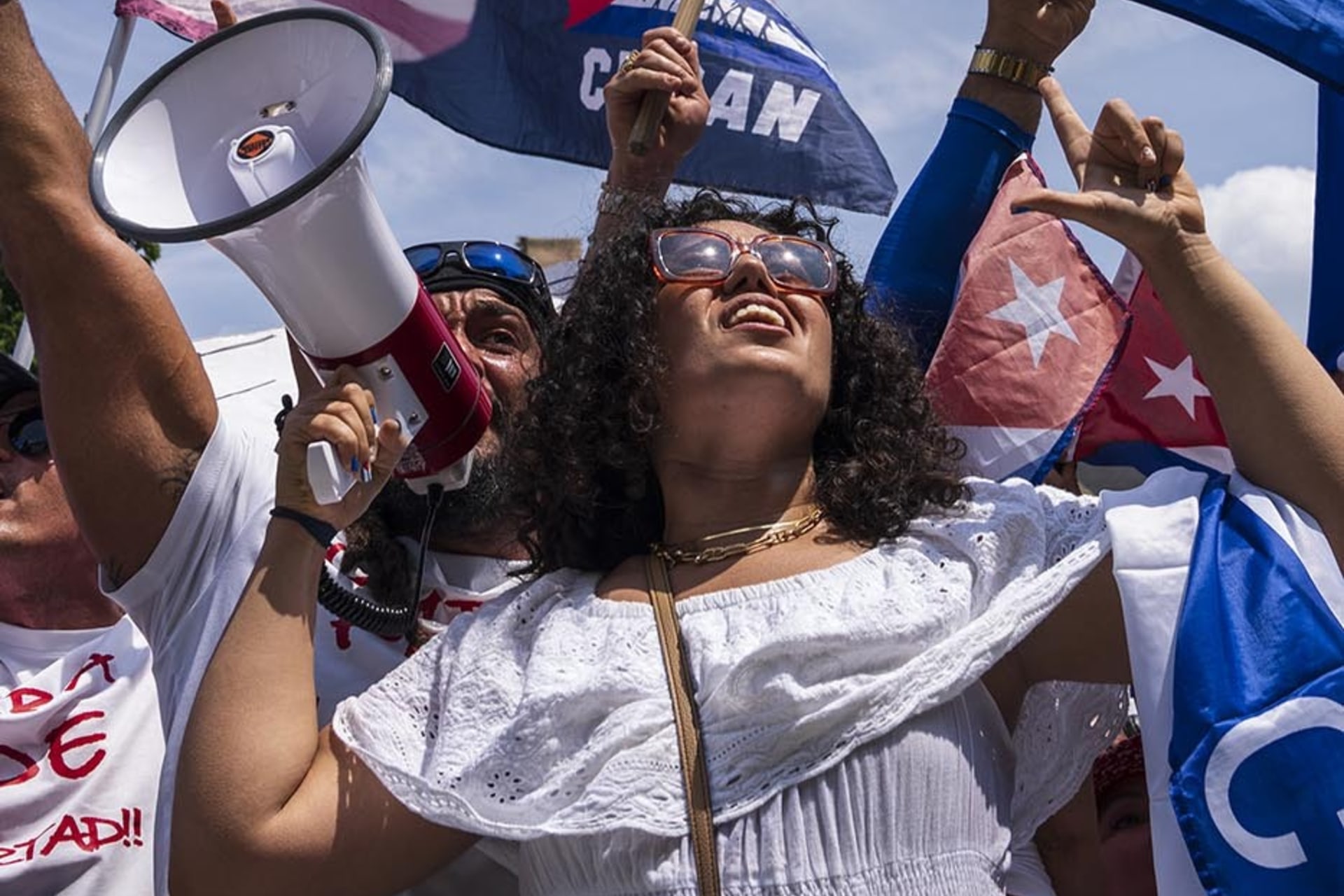UNITED NATIONS: Nation-Building
Published
This publication is now archived.
What’s the U.N. record on nation-building?
Mixed, experts say. While the United Nations has guided several countries through successful postwar transitions, the enormity and complexity of the task ensures that there are no clear victories. Some countries have done better than others; among the relative successes that development experts cite are East Timor and Sierra Leone (see below). Still, Joseph Siegle, a nation-building expert and the Douglas Dillon Fellow at the Council on Foreign Relations, says, “We don’t have any absolute successes.”
What is nation-building?
It is the process of establishing civic order and governmental functions in countries that are emerging from a period of war or other types of upheaval.
What are the essential steps of nation-building?
Experienced nation-builders say that, in addition to sufficient financial resources, international political will, and time, the priorities are:
- Security: guaranteeing citizens a safe environment.
- Political reform: building a civil society, developing strong local and provincial governments, and ensuring freedom of the press and other civil liberties.
- Economic reconstruction: restoring economic infrastructure by establishing lines of credit for business, restarting industry, and creating jobs, especially in the agricultural sector, which accounts for most of developing countries’ gross domestic product.
- Strengthening legal institutions: ensuring a functional and independent judiciary.
These and other issues are addressed in a January 2003 report, “Play to Win,” from the bipartisan Commission on Post-Conflict Reconstruction sponsored by the Center for Strategic and International Studies and the Association of the U.S. Army.
Which societies are best suited to nation-building efforts?
A May 2003 report from the Carnegie Endowment for International Peace says that societies with a strong national identity--Japan and Germany, for example--a mostly homogenous ethnic population, and relative socioeconomic equality are the best candidates for nation-building. A legacy of constitutional rule and democratic systems also helps, the report says.
Do these factors exist in Iraq?
No. Iraq is divided along tribal and ethnic lines, with Shiites, Sunnis, and Kurds competing for influence. Economic and political inequality was a hallmark of Saddam Hussein’s dictatorial regime. Power was concentrated among his Sunni family members and associates and members of the ruling Baath Party.
Will the United Nations participate in nation-building in Iraq?
Yes, but the extent of its participation depends on a new Security Council resolution currently being circulated by the United States. U.N. activities in Iraq were curtailed after recent attacks on U.N. installations, including the August 19 bombing in Baghdad that killed 22. In late September, U.N. Secretary-General Kofi Annan transferred most of the remaining non-Iraqi U.N. staff members from Baghdad to Amman, Jordan. There are now 86 foreign U.N. staffers in Iraq, down from 650 before the August bombing. Some 4,000 locally hired Iraqis continue to work in U.N. humanitarian programs. Humanitarian agencies unaffiliated with nation-building efforts, such as Doctors without Borders, are also working in Iraq.
How important is re-establishing stability?
It’s the lynchpin of the reconstruction process, experts say. Once individuals feel personally safe, they resume the habits of day-to-day life--citizens going to work, children attending school--that are essential to getting a nation back on its feet. Normalcy also includes facilitating cross-border trade, providing food and other necessities to consumers, and making credit available for small business owners. If the economic structures are in place, the theory goes, people will focus on building a new life, instead of attacking foreign peacekeepers or settling grudges against domestic enemies.
How long does nation-building take?
At least a decade or more, many experts say. The social cohesion and tolerance necessary for building a new nation are difficult to cultivate, especially among citizens of formerly closed, totalitarian systems where mistrust of authorities ran high. “We just assume, okay, these people have freedom, they’re happy,” when “it’s actually quite typical for there to be setbacks along the way,” says Siegle, who has worked on international development and humanitarian assistance projects in some 20 countries.
What functions of nation-building in Iraq, if any, could be handed off to other organizations?
The United Nations serves as an umbrella organization for an array of agencies with which it coordinates certain functions. NATO and the European Union were responsible for security in Kosovo; the Australians filled that role in East Timor, as did the Americans in Haiti. Private humanitarian groups, such as CARE and the International Rescue Committee, perform much of the humanitarian work. Marina S. Ottaway, senior associate at the Carnegie Endowment, says that elections in Iraq could be overseen by different international groups, including the Organization for Security and Cooperation in Europe, based in Vienna, which conducted elections in Bosnia, or the Washington-based National Democratic Institute, which has extensive experience with election-monitoring in Africa and elsewhere.
Will any such organizations play a role in Iraq?
Maybe. American nonprofit groups— the International Republican Institute, for example, and the International Foundation for Election Systems— have contributed to democratization efforts in the past.
What are some of the pitfalls of nation-building?
Experts stress that each situation is unique, but some identify the centralization of power as a recurring problem. International efforts to rebuild nations often focus on a capital city--Kabul, for instance, or Baghdad--and ignore the countryside, where the majority of people live. Decentralizing power creates more checks and balances, experts say, and also helps to mobilize the local middle class--lawyers, nurses, social workers--to reach average people and spur grassroots political activity. Another benefit of decentralization: encouraging local leaders is a good way to develop future political talent and shift power from functionaries of the old system. It’s also easier to track resources and hold people accountable on a local level.
What are some positive examples of U.N. nation-building projects?
Kosovo (1999-present)
Kosovo, a part of the former Yugoslavia, has been a U.N. protectorate since the 1999 war. The United Nations oversaw the creation of a representative local government there. The NATO-led Kosovo Force (KFOR) entered the province in June 1999 following the adoption of U.N. Security Council Resolution 1244, which authorized the deployment of an international security force and the establishment of an interim civilian administration. Within five days, 20,000 troops deployed into the province; some 10,000 NATO troops remain. Local elections took place in October 2000, and provincial elections in November 2001. Deliberations about Kosovo’s final status continue.
Some factors cited by experts as contributing to progress in Kosovo are:
- Kosovars were by and large eager to establish a political entity closely linked to Europe and separated from the Serb-dominated government in Belgrade. As a result, there was widespread willingness to cooperate with international nation-building efforts.
- Because the vast majority of the province’s population (95 percent) is Kosovar Albanian, there was less ethnic fragmentation than in Bosnia, for example. Extensive efforts were made, some experts say, to reintegrate the Serb minority, though Kosovar-Serb tensions remain high.
- The reconstruction process had a clear command and control structure. KFOR took visible control of the security situation from the beginning.
East Timor (1999-2001)
A former territory of Portugal and Indonesia, East Timor was the site of a fierce and bloody independence movement throughout the 1990s. On August 30, 1999, the East Timorese voted in a U.N.-arranged referendum to reject a proposal to grant them autonomy within Indonesia and opted instead to begin the transition process to independence. U.N. Security Council Resolution 1246 established the United Nations Mission in East Timor to oversee the transition. To quell widespread clashes between pro-Indonesian and separatist militias, Australian peacekeepers heading a multinational force were deployed under Security Council authorization. They “were as engaged diplomatically as militarily, which was very wise,” Siegle says.
In August 2001, East Timorese voters elected a Constituent Assembly to write a new constitution. A presidential election and independence followed in 2002. A U.N. force composed of military observers, police, and 5,000 soldiers remained in the country until 2003 to ensure stability. A major factor in East Timor’s relatively easy progress through the nation-building process, Ottaway says, is its size: it is a tiny country with fewer than 1 million people.
Sierra Leone (1998-present)
The conflict in this western African country dates to March 1991, when the Revolutionary United Front (RUF) tried to overthrow the government. After eight years of army coups, disputed elections, and several failed peace agreements, the United Nations established the U.N. Observer Mission in Sierra Leone in June 1998. In May 2000, RUF took more than 500 U.N. peacekeepers hostage, prompting an international crisis and transforming the observer mission into a much more muscular force of some 13,000 soldiers. Since then, experts say, progress has been made: the country has been at peace for several years, and the democratically elected government led by President Ahmad Kabbah has been strengthened. One success story: significant progress has been made rehabilitating child soldiers and reintegrating them into society.
What are some negative examples of U.N. nation-building projects?
Cambodia (1990s)
The United Nations was deeply involved in Cambodia, creating a trusteeship under which--after the horrors of the late-1970s Pol Pot regime and a decade-long occupation by Vietnamese forces--rival political groups agreed to disarm and submit to elections. The 1993 vote resulted in a dual-prime ministership shared by Hun Sen and Prince Norodom Ranariddh. In July 1997, violent clashes forced Ranariddh to flee the country, and Hun Sen took power. Periodic violence has continued to flare since then, and national and local elections have, according to the State Department, failed to meet international standards for fair votes. Ottaway attributes the result to the “unrealistic” timetable for elections, which was set by the Cambodians.
Haiti (1993-1995)
After a 1991 military coup against the democratically elected president, Jean-Bertrand Aristide, the Organization of American States (OAS) and the United Nations imposed sanctions on Haiti and dispatched observer missions to the country. In 1993, they launched the International Civilian Mission in Haiti (MICIVIH). MICIVIH had little authority and was unable to stop arbitrary killings committed by the military. U.S. troops entered the country in 1994, forcing out the leader of the military junta, Raoul Cedras, and restoring Aristide to the presidency. International efforts to improve the situation followed, but long-term reform of Haiti’s political institutions stalled. Aristide remains in power; opposition political parties are highly constrained, and there have not been free elections.
Somalia (1993)
The United Nations had a strong presence in Somalia in the early 1990s, with a series of provincial administrators overseeing more than a dozen agencies working there. In 1991, conflict between warlord-led militias was exacerbating famine and causing a massive humanitarian crisis. In January 1992, the Security Council imposed an arms embargo, and in April of that year approved Resolution 751, which established a mission of military observers and convoy protection. President George H.W. Bush sent U.S. troops to Somalia in late 1992, with Security Council authorization to lead the Unified Task Force (UNITAF), whose mission was to establish a safe zone for humanitarian efforts. As a result, hundreds of thousands of people were saved from famine, and a U.N. political reconstruction project began to take shape. However, UNITAF faced repeated attacks by Somali militias, including one on June 5, 1993, that killed 25 Pakistani peacekeepers, and an October 3, 1993, ambush that left 18 U.S. soldiers and nearly 1,000 Somalis dead. U.S. troops withdrew and transferred authority to the U.N. Mission in Somalia, which suffered continued attacks and finally withdrew from the country in March 1995. In Somalia today, a transitional government is nominally in place, but the country remains largely lawless and dominated by warlords. Some U.N. and international relief agencies still operate in Somalia, focusing on rehabilitation and emergency relief.t
Colophon
Staff Writers
- Esther Pan





